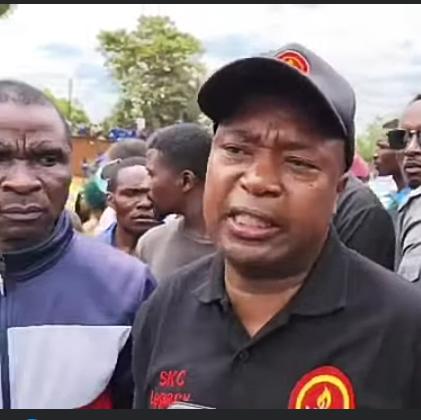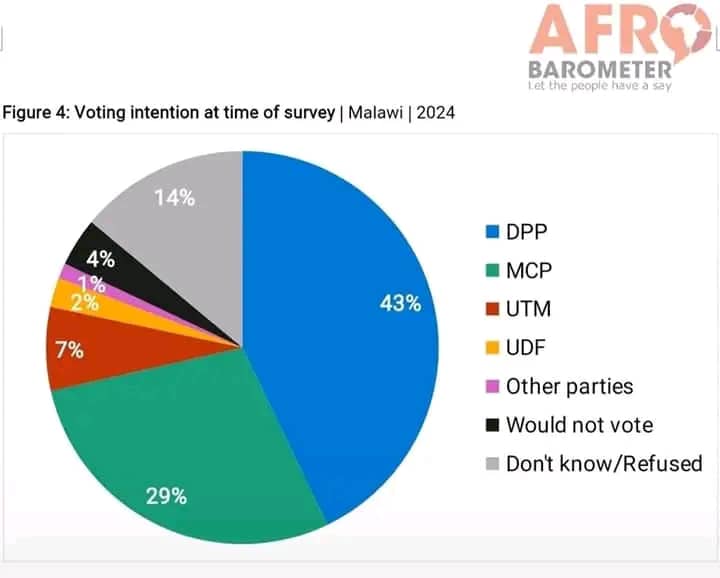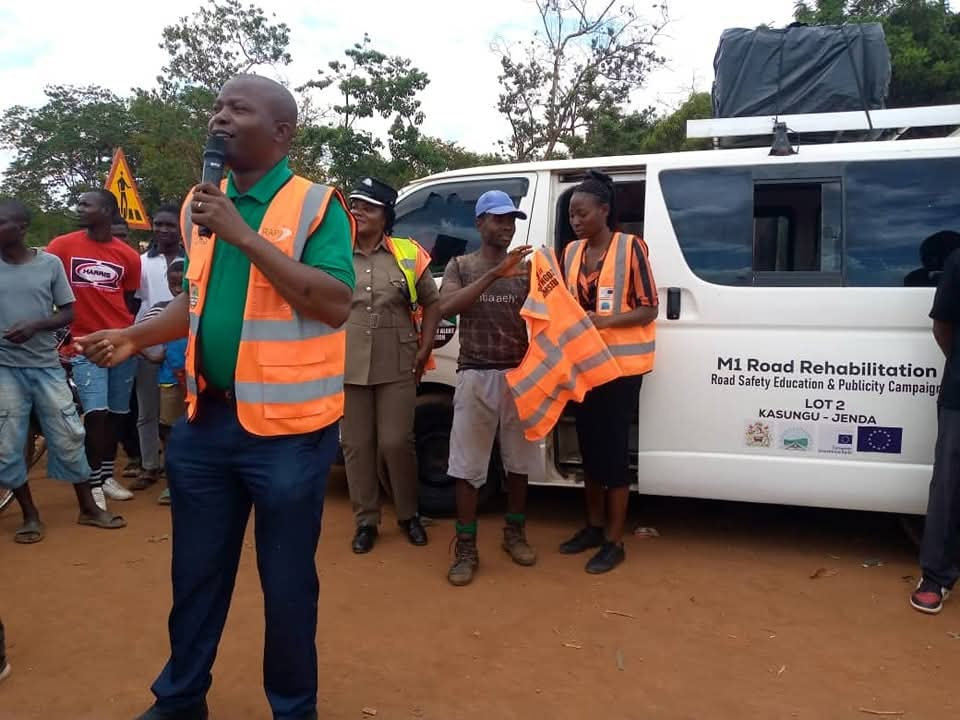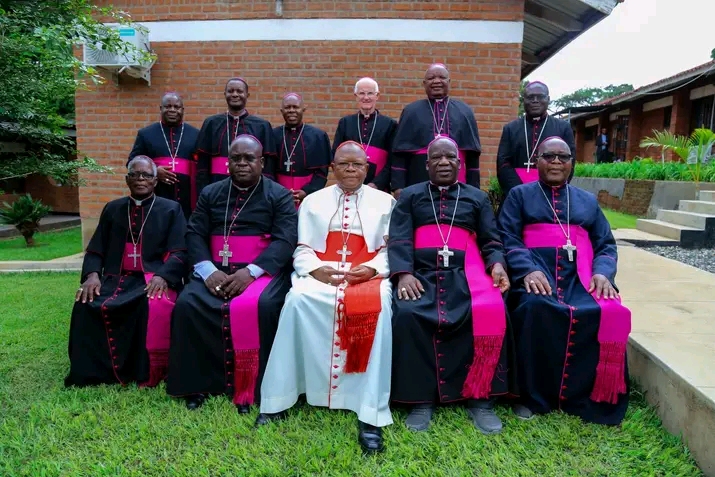By Burnett Munthali
Dr. Dalitso Kabambe, a concerned Malawian citizen and economist, has penned a heartfelt letter to President Lazarus Chakwera, urging immediate and decisive action to address the growing economic and social issues facing the nation. The open letter, released on Monday, 25 November 2020, outlines a series of urgent steps that Kabambe believes must be taken to restore faith in the government and alleviate the mounting frustrations of the Malawian public.
Malawi, like many nations, is grappling with a series of challenges that have left many citizens struggling to make ends meet. In the letter, Kabambe acknowledges the importance of public demonstrations as a platform for citizens to express grievances and advocate for change. These demonstrations, which have become more frequent and widespread across the country, reflect the palpable frustration felt by many Malawians who are bearing the brunt of economic hardships.
Kabambe highlights that the government must listen to the people and act quickly to address the root causes of the unrest. He stresses that such actions are not just the right of the people but also a responsibility of the government in a democratic society. The following are the key issues Kabambe addresses in his open letter, along with the urgent actions he calls for.
Firstly, one of the most immediate concerns for Malawians is the ongoing fuel shortage, which has caused the cost of living to skyrocket. Kabambe points out that the rising cost of fuel, combined with the proliferation of black market prices, has led to crippling consequences for the average citizen. With fuel shortages affecting transportation and the cost of essential goods, Kabambe argues that the government must take swift action to stabilize the fuel supply. Without this, the economic strain on Malawians will only worsen, particularly in rural areas where access to basic goods is already limited.
Secondly, inflation continues to be a significant challenge in Malawi, with prices of everyday goods increasing at an alarming rate. This relentless rise in inflation is eroding the purchasing power of ordinary citizens, making it harder for families to afford basic necessities such as food, clothing, and healthcare. Kabambe calls on President Chakwera to implement policies aimed at controlling inflation, particularly through measures that address supply-side issues and stimulate the productive sectors of the economy. Such measures could include supporting local agriculture, improving the exchange rate, and creating policies that foster economic stability.
Thirdly, Malawi’s economy is in desperate need of revitalization. Over the past few years, economic growth has slowed, and many Malawians are facing high unemployment rates, poverty, and limited opportunities for advancement. Kabambe urges the government to prioritize strategic investments in key sectors such as agriculture, manufacturing, and infrastructure. By supporting local businesses, creating job opportunities, and boosting production, Kabambe believes that the economy can be turned around. He calls on the government to promote policies that encourage entrepreneurship and innovation, particularly in sectors that have the potential to create jobs and wealth for the population.
Fourthly, corruption remains a significant barrier to progress in Malawi. Kabambe notes that despite efforts to curb corruption, it continues to undermine the effectiveness of government programs, misappropriate public resources, and erode the trust between the government and the people. He calls on President Chakwera to take a strong stance against corruption by ensuring that public officials at all levels are held accountable for their actions. Kabambe emphasizes the importance of transparency in government dealings, particularly in the allocation and use of public funds. He also advocates for strengthening institutions such as the Anti-Corruption Bureau (ACB) to ensure that corruption is tackled effectively.
Fifthly, one of the key concerns raised by Kabambe in his letter is the lack of open communication between the government and the people. Kabambe argues that engaging with Malawians—particularly those in rural areas—is crucial for fostering a sense of inclusion and ensuring that the government is responsive to the needs of the people. He stresses that genuine dialogue with citizens will not only build trust but also allow the government to understand the real issues facing the population. Kabambe calls for regular consultations with communities, civil society organizations, and other stakeholders to ensure that the government’s policies reflect the interests of the people.
Sixthly, with elections on the horizon, Kabambe stresses the importance of conducting a free, fair, and credible electoral process. In his letter, Kabambe highlights that the upcoming elections must be transparent and must reflect the true will of the people. Given the history of electoral disputes in Malawi, Kabambe calls on President Chakwera to ensure that the electoral process is adequately reformed and monitored to prevent irregularities, fraud, and violence. He believes that only a transparent electoral process will restore faith in the country’s democratic system and ensure that the people’s voices are heard.
Seventhly, given the severity of these issues, Kabambe suggests that the government should seek the support of regional organizations such as the Southern African Development Community (SADC) and the African Union (AU) to facilitate dialogue and promote stability in Malawi. These organizations, Kabambe believes, can play a key role in mediating and providing support for the country’s governance challenges, particularly in times of political unrest. By involving regional and international partners, Malawi can receive the necessary guidance and resources to navigate its current crises.
In conclusion, Dr. Kabambe’s letter serves as both a critique of the current government’s handling of the nation’s affairs and a call to action for President Chakwera. He underscores that Malawi is at a critical juncture, and the decisions made today will have far-reaching consequences for the future of the country. Kabambe implores the president to take immediate and decisive action to address the pressing issues of fuel shortages, inflation, corruption, and economic stagnation. By doing so, the president can begin to restore faith in the government and the democratic process.
Kabambe’s letter is a reminder that the people of Malawi are not passive observers of their country’s fate—they are active participants in shaping its future. The government’s response to these challenges will determine whether the nation continues down its current path of stagnation or rises to meet the aspirations of its people.
This open letter encapsulates the frustrations of the Malawian public and presents a well-reasoned, balanced approach to the country’s economic and political crises. Kabambe’s proposed solutions are pragmatic and offer a path forward that seeks to empower citizens, improve governance, and restore economic stability. With this open letter, Dr. Dalitso Kabambe has set the stage for meaningful dialogue and reform in Malawi.




